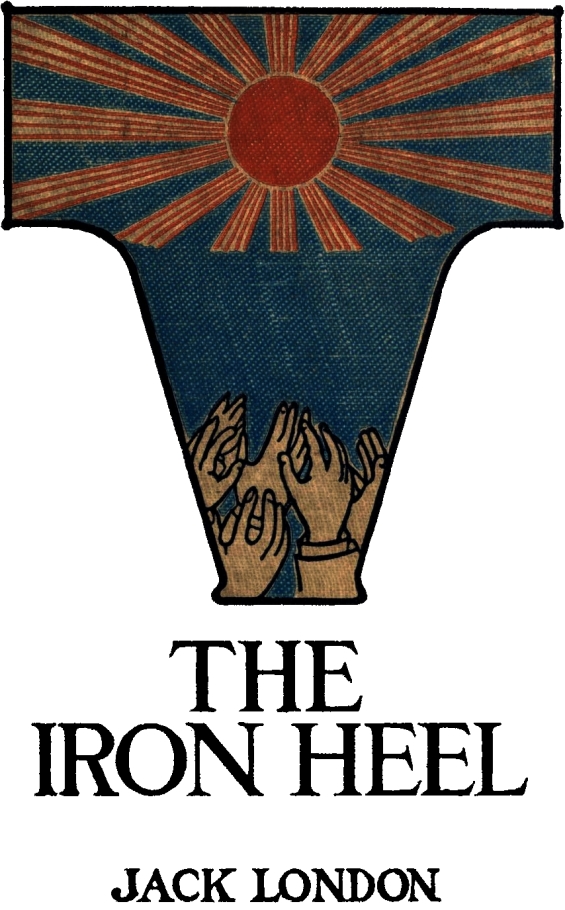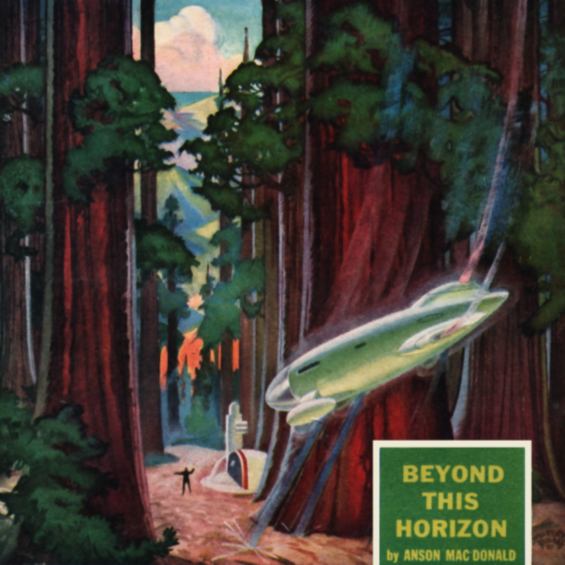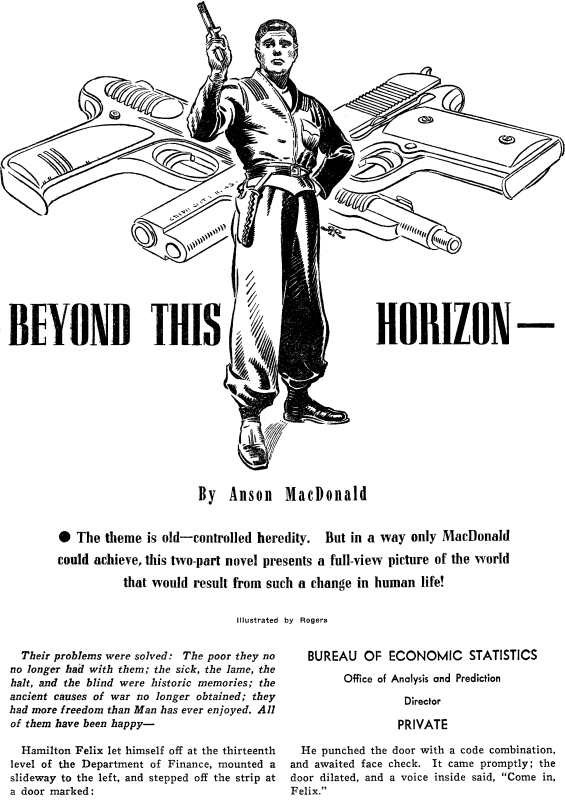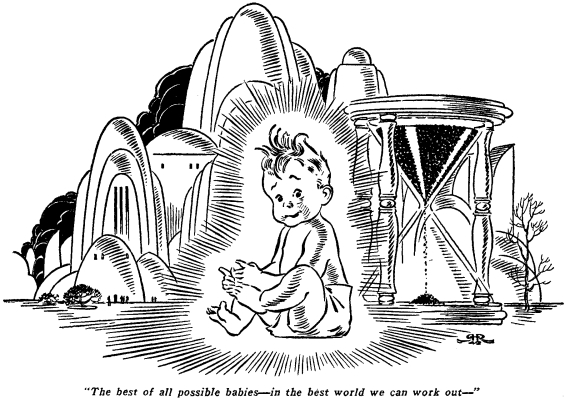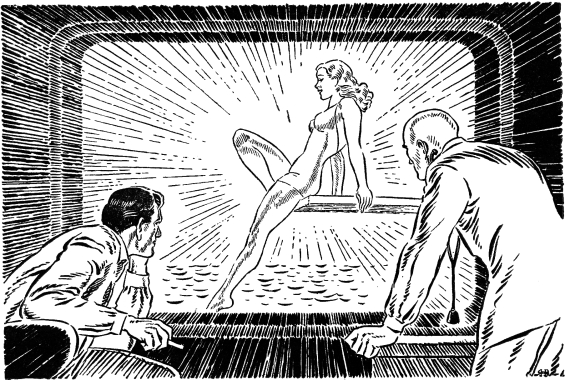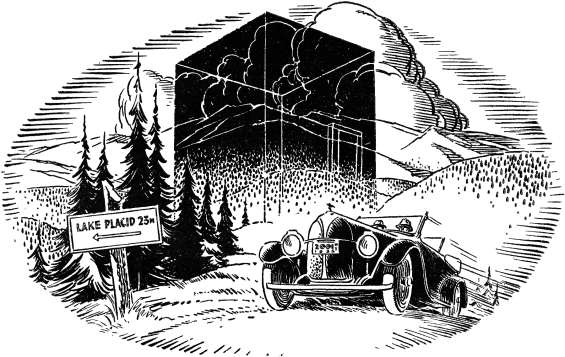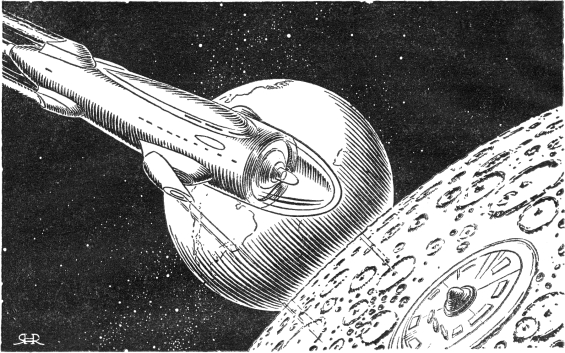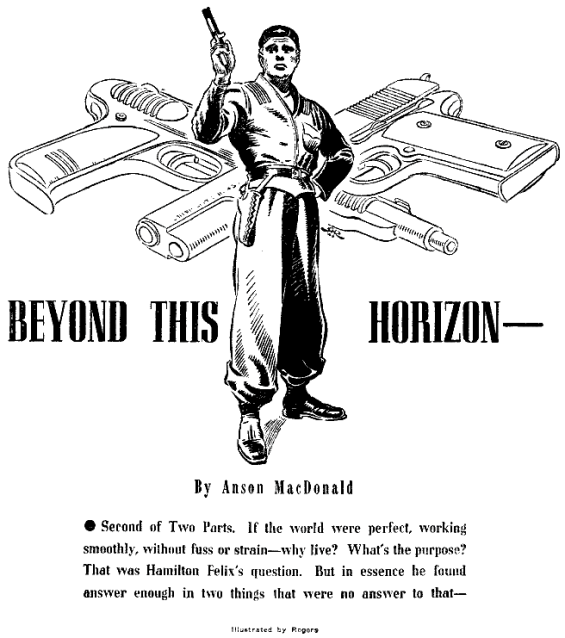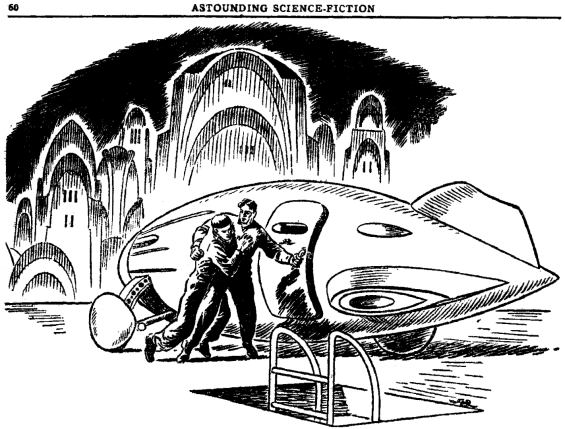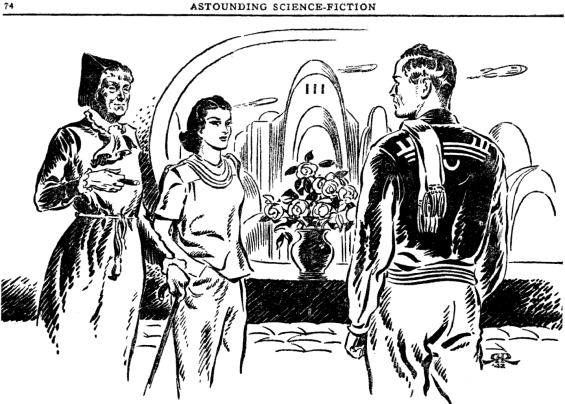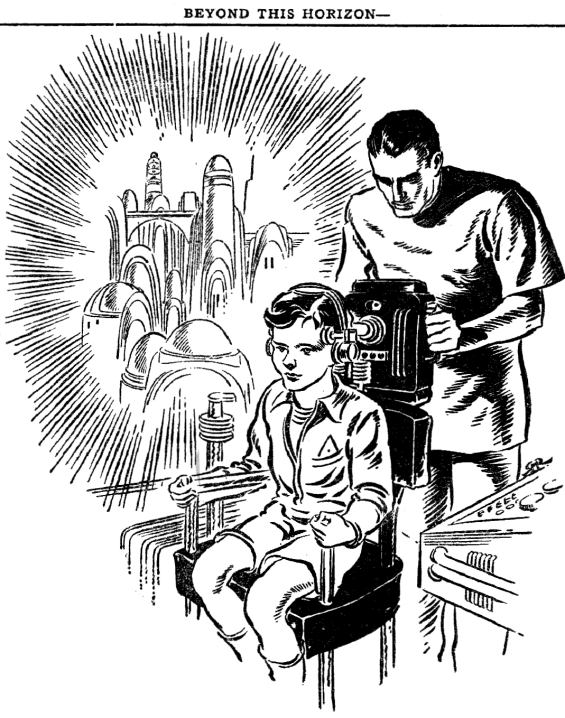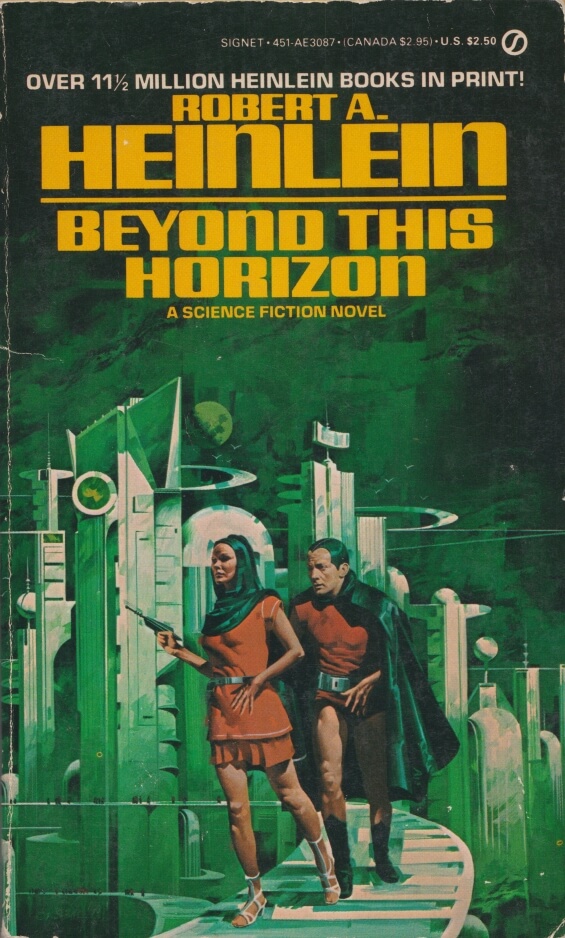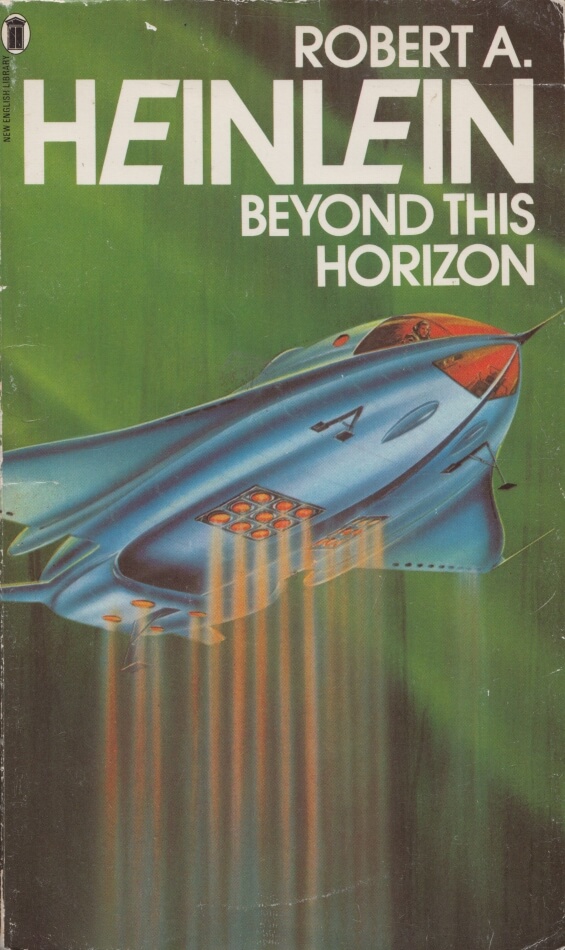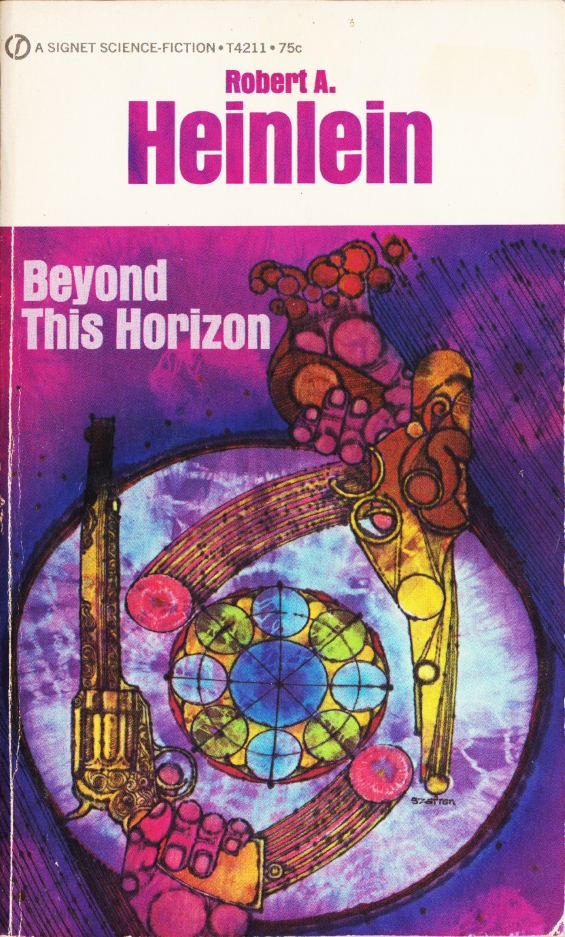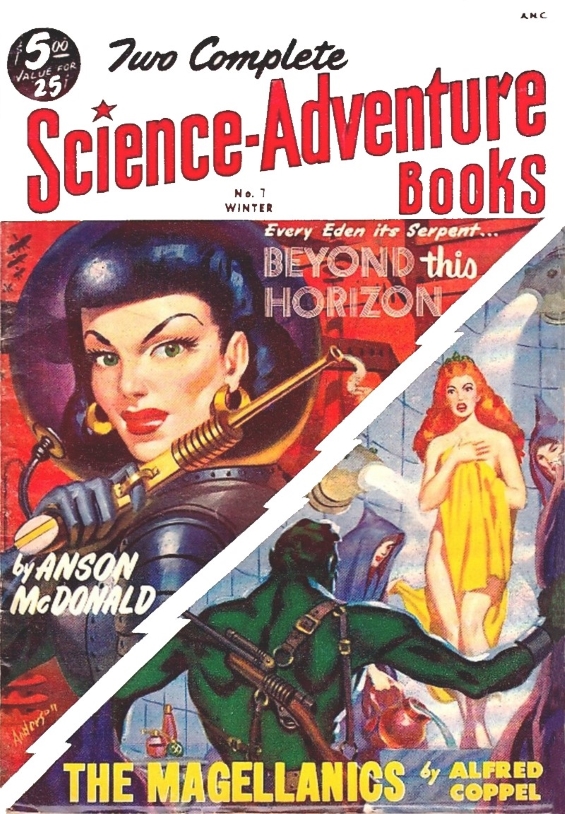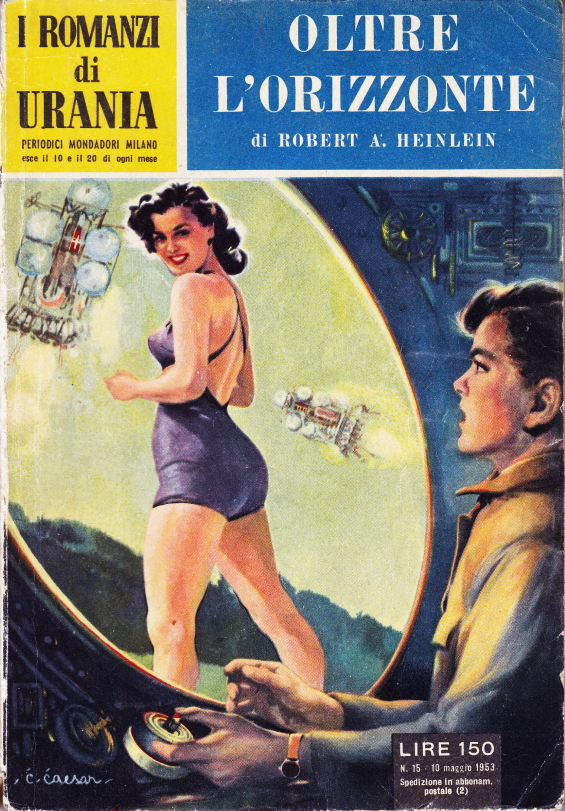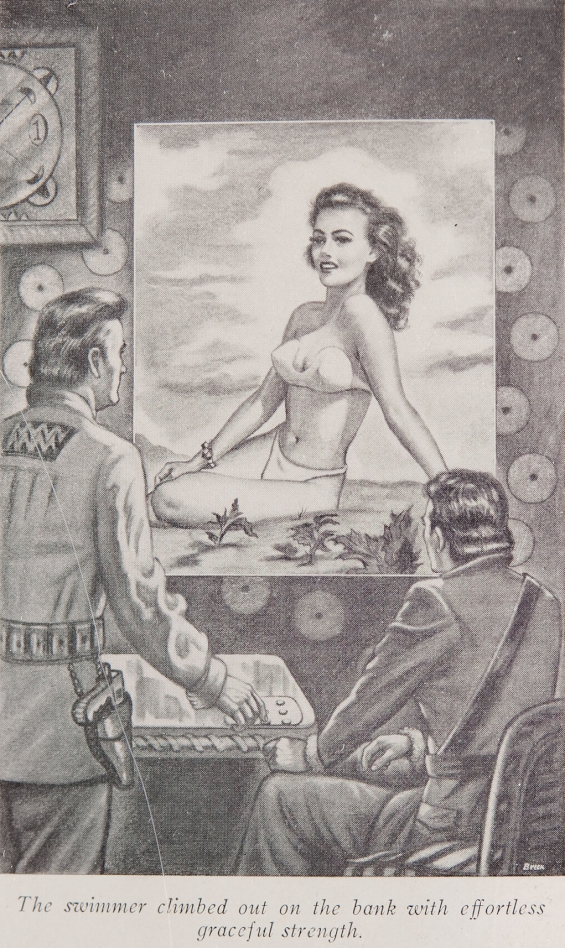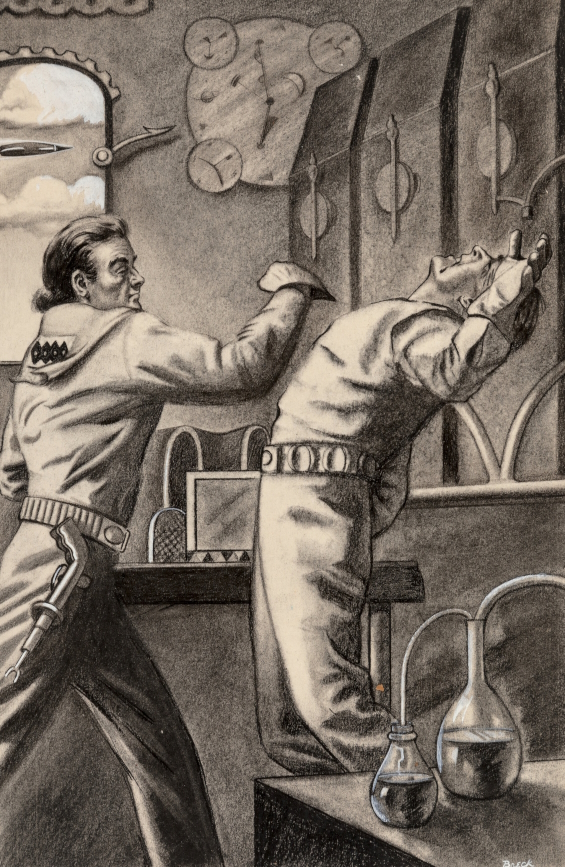
 The SFFaudio Podcast #226 – Jesse, Jenny, and Bryan Alexander discuss The Iron Heel by Jack London.
The SFFaudio Podcast #226 – Jesse, Jenny, and Bryan Alexander discuss The Iron Heel by Jack London.
Talked about on today’s show:
Jenny is not an economist, a Heinlein vibe, God Emperor Of Dune, The first half of this book is talk, a terrible novel but an interesting book, The Moon Is A Harsh Mistress, the distancing narrators, 700 years into the future, the audience is for seven hundred years in the future (or is that six hundred), prizefighting, grub = food, the purpose of the footnotes, The Sleeper Awakes by H.G. Wells, Avis Everhard, alternate history, Michael Bishop, an underground book, an underground society, that Buck Rogers stuff, Armageddon—2419 AD by Philip Francis Nowlan, exchanging socialism for the Yellow Peril, Asgard, Seoul, set in the year 419 B.O.M. (Brotherhood of Men), A Thousand Deaths by Jack London, The Island Of Doctor Moreau, predictions, war with Germany, a surprise attack on December 4th, William Randolph Hearst, war economy as a solution to national surplus, Trotsky’s letter to Jack London, London had good reason to be a socialist, work conditions and natural disasters, a chaotic time, Jackson’s arm, race vs. class, Jack London’s racism, The Heathen by Jack London, the dog stories, class consciousness, grinding out the middle class between the 1% and the people of the abyss, The Shadow And The Flash by Jack London, manly overachievers, oligarchy doesn’t use race to divide people, do you want you fruit to be picked or not?, Japanese segregation in California classrooms, Canadian politics, Cooperative Commonwealth Federation, Franklin D. Roosevelt, John Steinbeck, ‘temporarily embarrassed millionaires’, the quote attributed to Abraham Lincoln:
“I see in the near future a crisis approaching that unnerves me and causes me to tremble for the safety of my country… corporations have been enthroned and an era of corruption in high places will follow, and the money power of the country will endeavor to prolong its reign by working upon the prejudices of the people until all wealth is aggregated in a few hands and the Republic is destroyed.”
Dwight D. Eisenhower, “the military-industrial complex”, Eugene Debs, why was The Iron Heel not more popular?, The Black Hundreds, Das Kapital, Marxian fan-fiction, ‘social evolution is exasperatingly slow’, sooo sad, Marx’s essay on Napoleon III, a Darwinian model, do we live under an oligarchy?, government regulation (anti-trust and child labour laws), why socialism didn’t take hold in the early 20th century USA, Larry Summers, the Chilean cover of The Iron Heel, Salvador Allende, a novel read by revolutionaries, Science Fiction within the novel, the aesthetic end, the role of religion, the God of the Oligarchs, mostly air with a little bit of vertebra, Chicago, religious revivals and the apocalypse, Azusa Street Revival, the 1906 San Fransisco earthquake, William Randolph Hearst, Patty Hearst, John Waters, Cecil B. Demented, personal charisma and bulletproof arguments, Everhard is a porn star name, Benjamin Franklin, London’s didactic reading, Marx’s surplus theory of value, economy is not a science, power wins, the French Revolution, the Commonwealth of England, George Orwell’s review of The Iron Heel, 1984 is in The Iron Heel, coincidental dates, London’s insight into fascism, too much love from the strong and not enough love for the weak, Eric S. Rabkin, unmanning, ‘designed to be crucified’, father figures are destroyed, the chapter titles, The Call Of The Wild, a powerful beast is unmanned, builds up and builds through interaction with others, a sated king, a dominant primordial beast, The Sea Wolf, reading London is like a shot of adrenalin to the heart, surplus value, colonialism, the machine breakers, the trusts did not advertize, consumerism, Paul Krugman, petty bourgeoisie, the genocide of Chicago, the Paris Commune, gothic wooing, We by Yevgeny Zamyatin, Looking Backward: 2000-1887 by Edward Bellamy, the education of the oligarchy,
“They, as a class, believed that they alone maintained civilization. It was their belief that if ever they weakened, the great beast would ingulf them and everything of beauty and wonder and joy and good in its cavernous and slime-dripping maw. Without them, anarchy would reign and humanity would drop backward into the primitive night out of which it had so painfully emerged.”
excusing colonialism, the white man’s burden, ignoring the starving masses, the Roman Empire, steampunk, Lloyd Blankfein “doing God’s work”, Margin Call, oppositional films, “The Social Network deeply hates Zuckerberg and the online world”, Nine Inch Nails, Michael Douglas, Wall Street, the cleaning lady, why isn’t The Iron Heel more generally appealing to SF readers?, British Space Opera vs. American Space Opera, Commune 2000 A.D. by Mack Reynolds, a broken utopia, job cash vs. job love, the social end of SF, the storytelling technique doesn’t attract, the unsuccessful revolution, Winston Smith’s diary, looking back when writing doesn’t have the same power, the Goldstein Book, brainwashing, the bomb in congress, spy and counterspy, Starship Troopers is a series of lectures punctuated by gunfire, Frank Herbert, “a raving genius”, doing Dune (and Dune Messiah), Chilton Books, the boot crushing the human face forever, the leaky suspense, a Norton critical edition, how to record The Iron Heel, the footnotes are problematic, a crazy wild marvelous book, WWI, WWII, Metropolis, armoured cars or tanks, The Last Man by Mary Shelley, a terrifying future found in a cave written on leaves, A Journal Of The Plague Year by Daniel Defoe, The Scarlet Plague by Jack London, Idiocracy, The Marching Morons by C.M. Kornbluth, on Lenin’s deathbed he was read Jack London, The Cold Equations, To Build A Fire, The Empire Strikes Back,
“The cold of space smote the unprotected tip of the planet, and he, being on that unprotected tip, received the full force of the blow.”
cosmic and Lovecraftian, as snug as a Jedi in a hot tauntaun, Robert Sheckley, Metro 2033 by Dmitry Glukhovsky.


Posted by Jesse Willis
